Archive for Items Categorized 'Technology', only excerpts shown, click title for full entry.
Race Car Vehicle Dynamics

by William F. Milliken and Douglas L. Milliken
When I received my copy of RCVD—still an SAE bestseller—I felt like the guy at the bottom of the mountain to whom Moses handed the Ten Commandments. All the knowledge contained in the Holy Grail of how vehicles handle had just become mine! Comes with a workbook.
Joint Strike Fighter: Design and Development of the International Aircraft
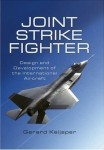
by Gerard Keijsper
Keijper’s excellent book tells the story of how the US aerospace industry took many ideas, some good others improbable, over a quarter century of model and wind tunnel testing to create, after many iterations, a viable supersonic vertical take off fighter.
Bluebird CN7: The Inside Story of Donald Campbell’s Last Land Speed Record Car
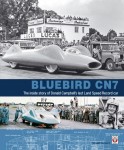
by Donald Stevens
This book tells the story of a pair of brothers who designed and built CN7 with a mind to break the world’s land speed record. In the hands of Donald Campbell, the greatest-ever LSR holder, this gas turbine-powered car established itself as the fastest wheel-driven vehicle on earth.
Bentley’s Great Eight: The Astonishing 50-Year Saga of one of History’s Greatest V8 Engines

by Karl Ludvigsen
A mighty engine of uncommon longevity, dissected here with customary Ludvigsen attention to detail. But why is it a Bentley and not a Rolls-Royce unit? That’s a whole other story.
Jet Engines: Fundamentals of Theory, Design and Operation
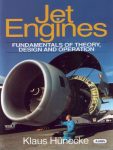
by Klaus Hünecke
This is the English edition of a book that first appeared in German in 1987. Following his own academic training the author worked as a university researcher and then joined industry as an aerodynamicist, working in first the military and currently the civilian sector.
Merchants of Speed: The Men Who Built America’s Performance Industry
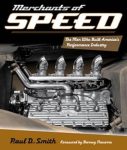
by Paul D Smith
One of the many cultural developments that accompanied the end of WWII was the rising interest (some might say craze) for automotive performance that continues to this day. Read about the automotive visionaries that made it so.
A Victorian Scientist and Engineer: Fleeming Jenkin and the Birth of Electrical Engineering
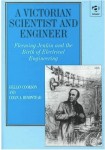
by Gillian Cookson and Colin A Hempstead
Admittedly, this topic is a bit removed from the field of transportation but electricity is an inseparable aspect of it. Moreover, there are not many books that shed light on the state of engineering or the education and training of engineers in the Victorian Age.
The Science of Formula 1 Design: Expert Analysis of the Anatomy of the Modern Grand Prix Car
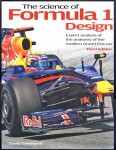
by David Tremayne
This book cleverly walks the tightrope of being both a technical book and one that will appeal to the reader who wants to understand more about the technology that goes into a modern Formula 1 car.
R-2800, P&W’s Dependable Masterpiece
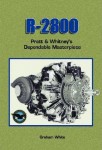
by Graham White
There are many storied aircraft engines, some indelibly associated with events that changed world history and thus known to the proverbial “man in the street.” White explains here why, in terms of manufacturing, performance, and maintenance, Pratt & Whitney’s R-2800 is “the finest aircraft engine ever produced.” \
Ferdinand Porsche, Genesis of Genius: Road, Racing and Aviation Innovation 1900 to 1933
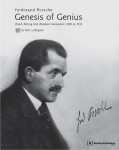
by Karl Ludvigsen
For a paltry $100 you are getting a veritable education in matters political, economical, scientific, and psychological. It isn’t just about a precocious youth and ambitious engineer, but about the world and times he lived in.
The Crooked Mile
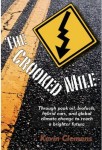
by Kevin Clemens
Have you ever worried that one day the fossil-fuel spigot will run dry? Or that motor fuel will become so expensive that you will need to drastically change your lifestyle in order to provide life’s basic necessities for yourself and your family?
Bucyrus Heavy Equipment: Construction and Mining Machines 1880–2008
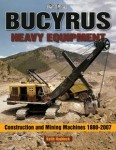
by Keith Haddock
Haddock, who 20 years ago co-founded the Historical Construction Equipment Association has written the definitive history of Bucyrus, an American company synonymous with moving earth.



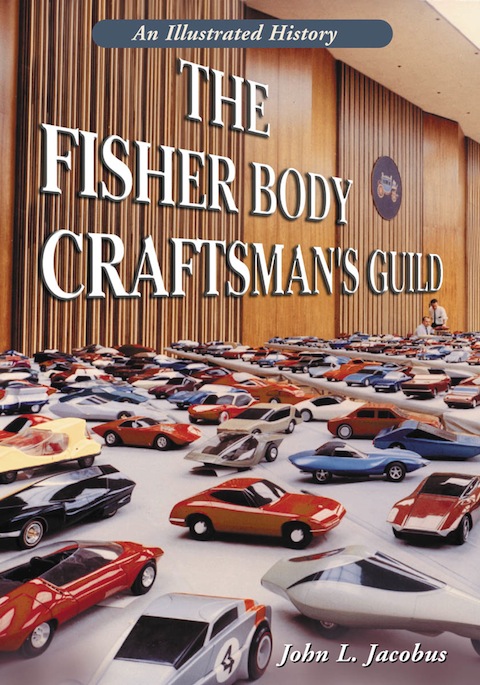
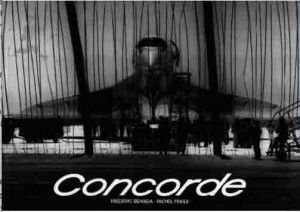
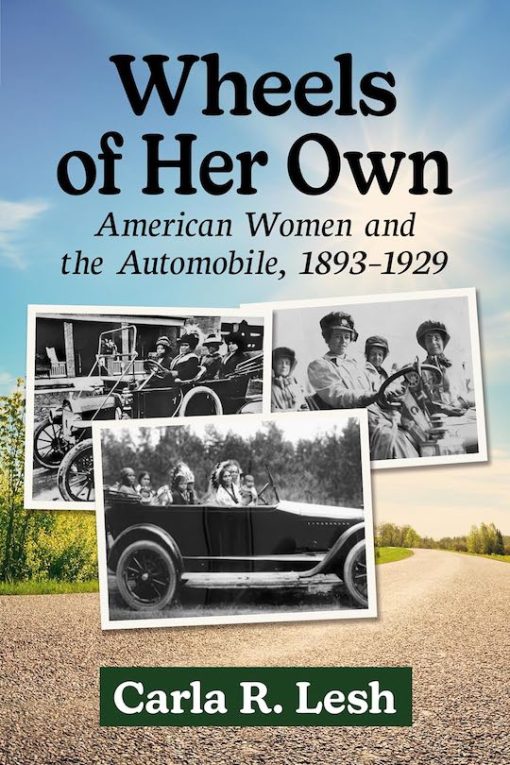

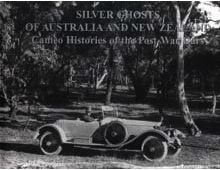
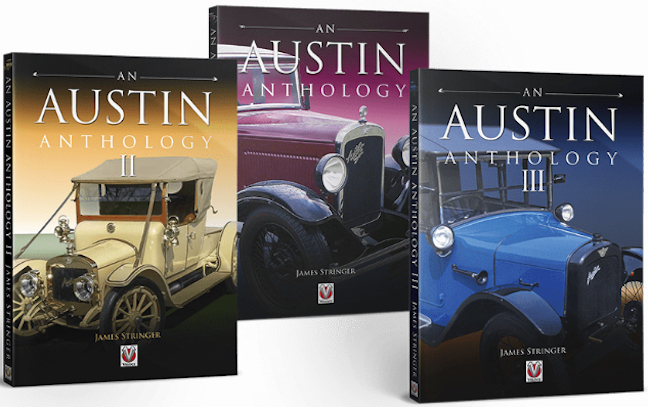
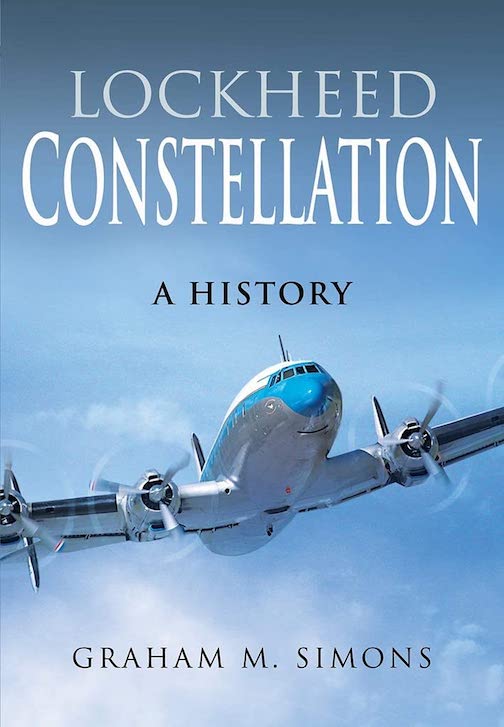


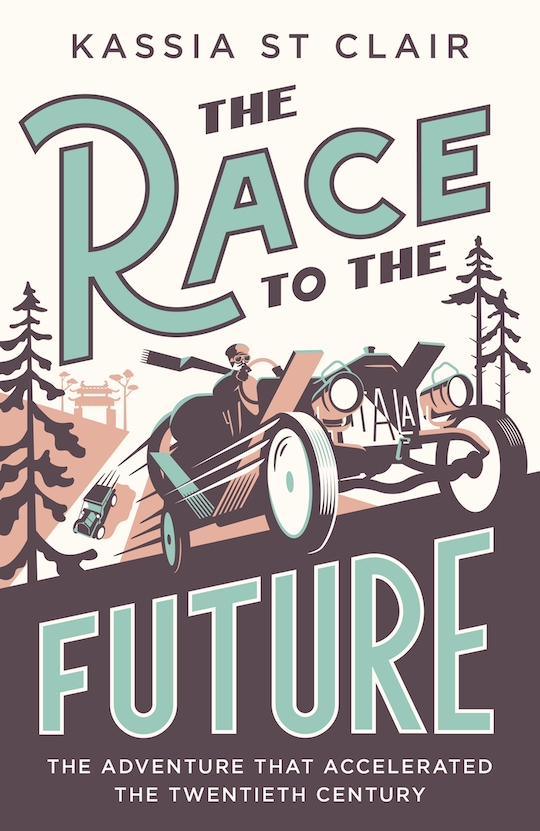

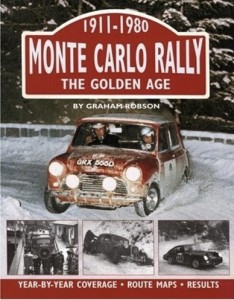
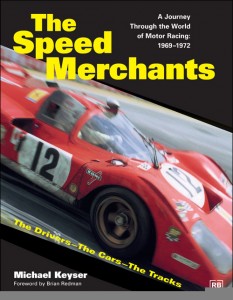

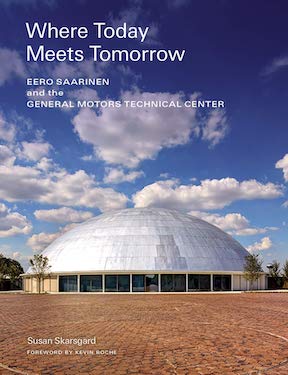





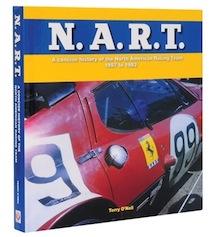


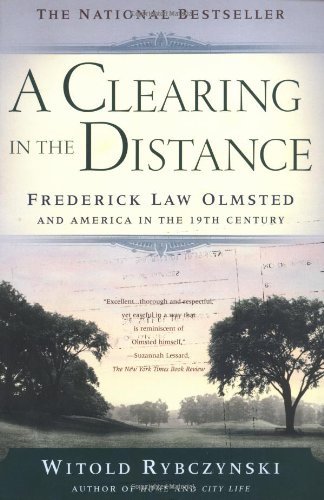

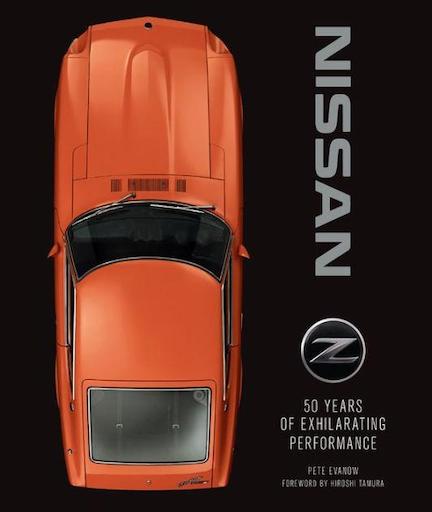
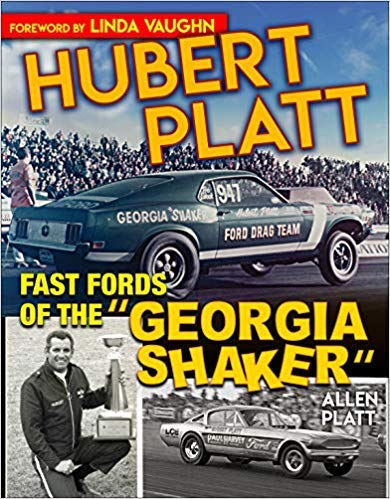
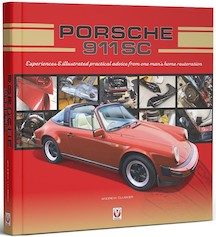
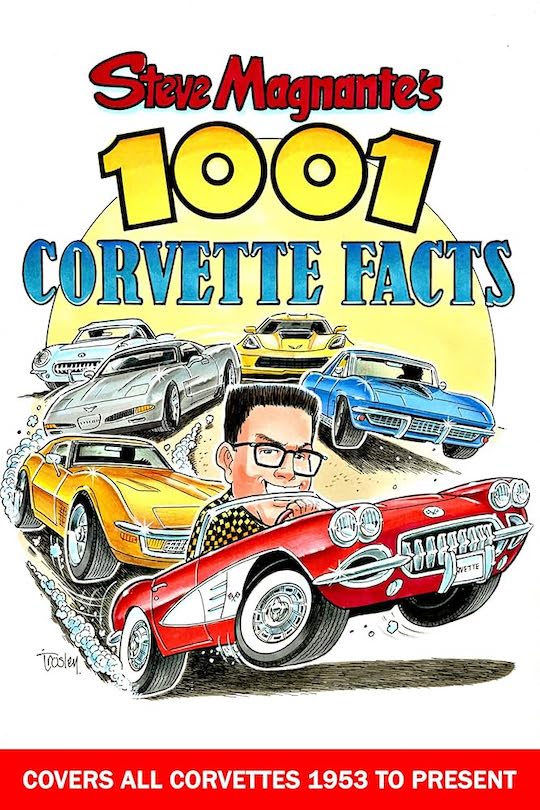
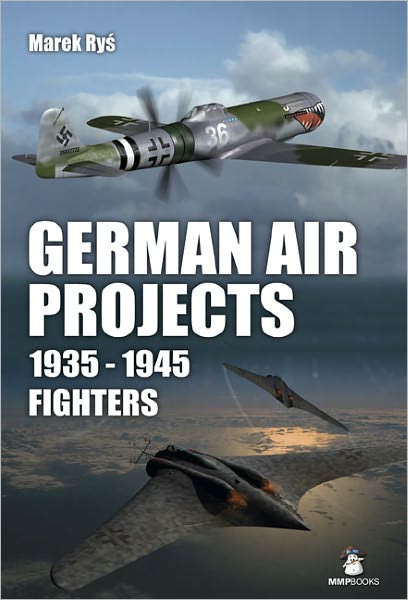
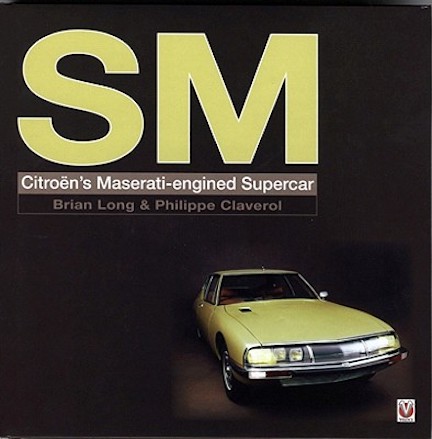







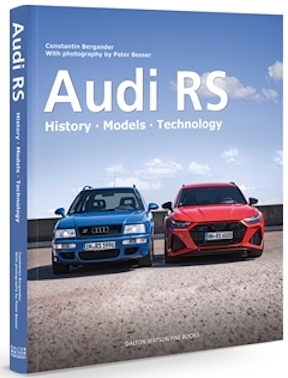

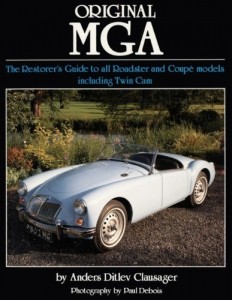

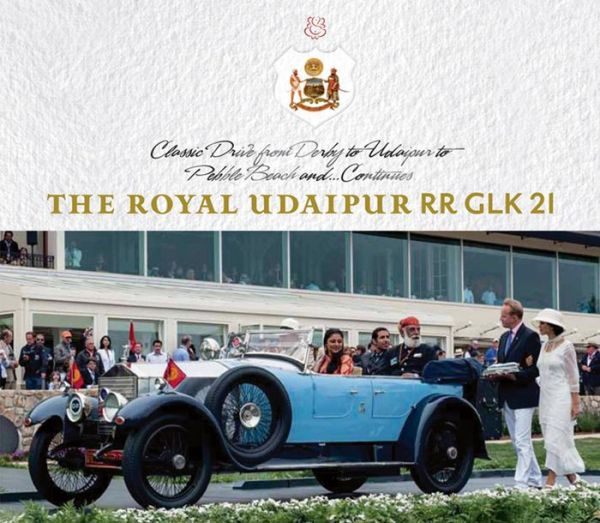


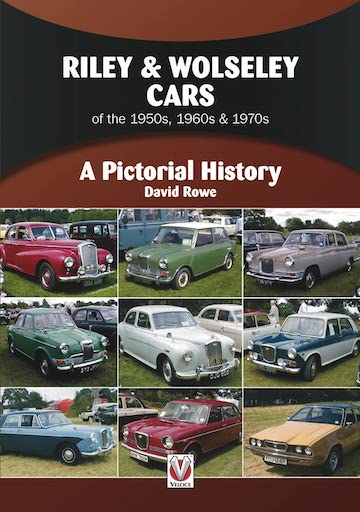
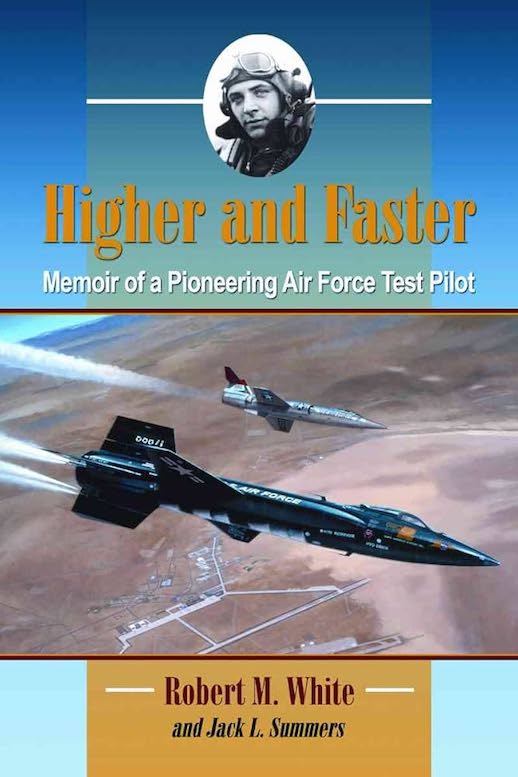


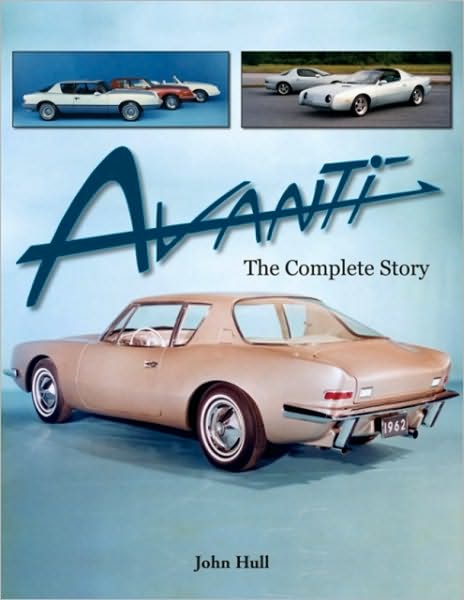
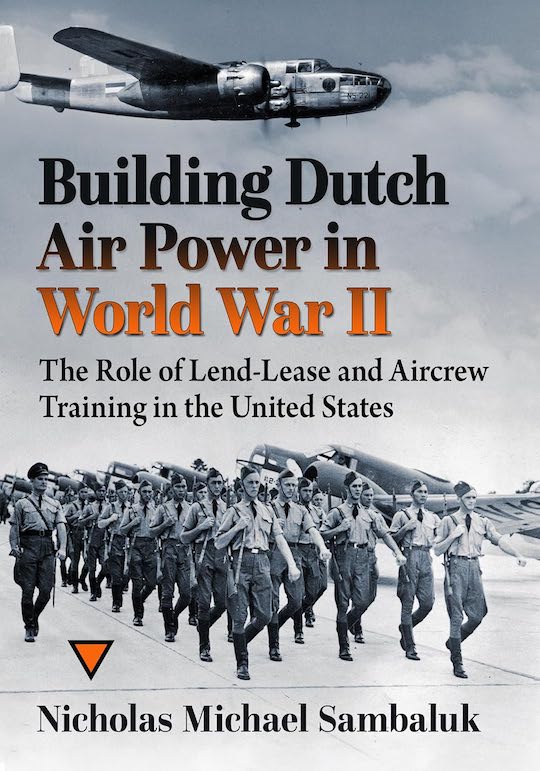
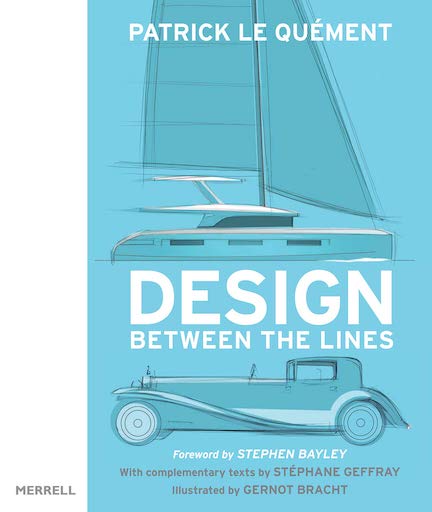
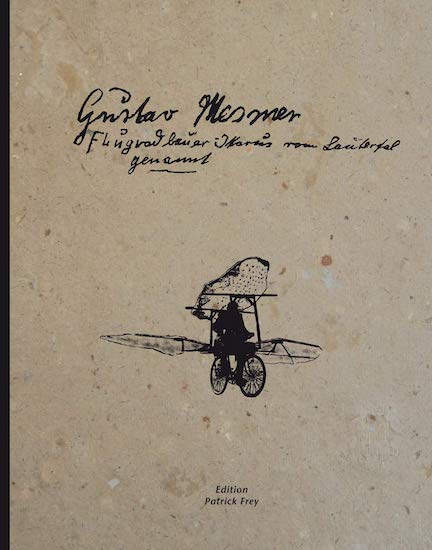
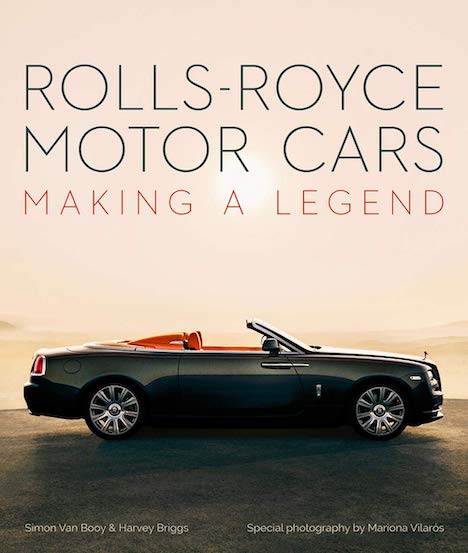

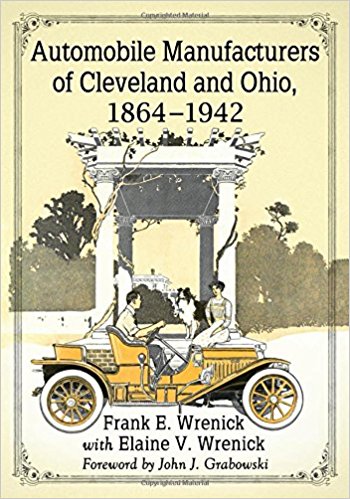
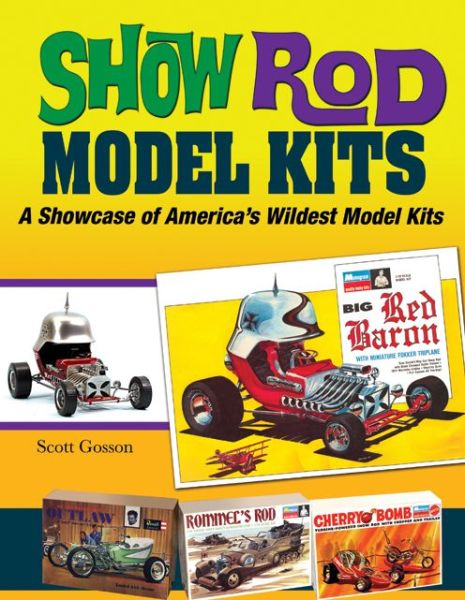
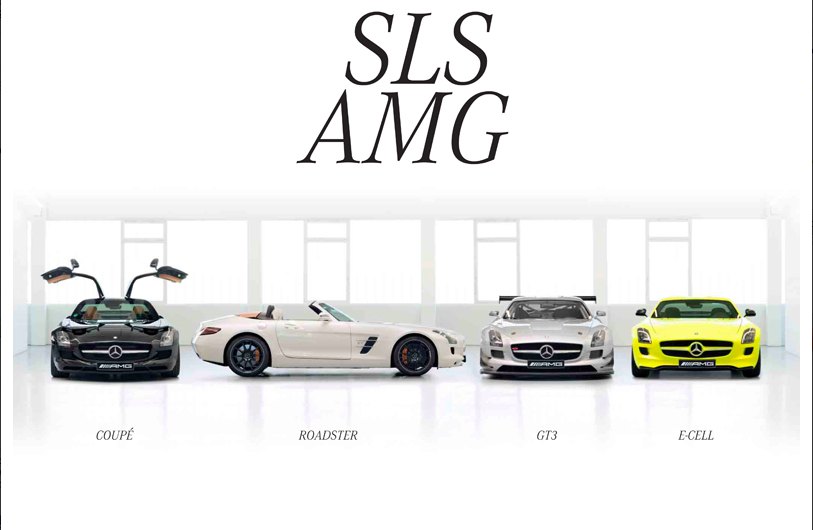
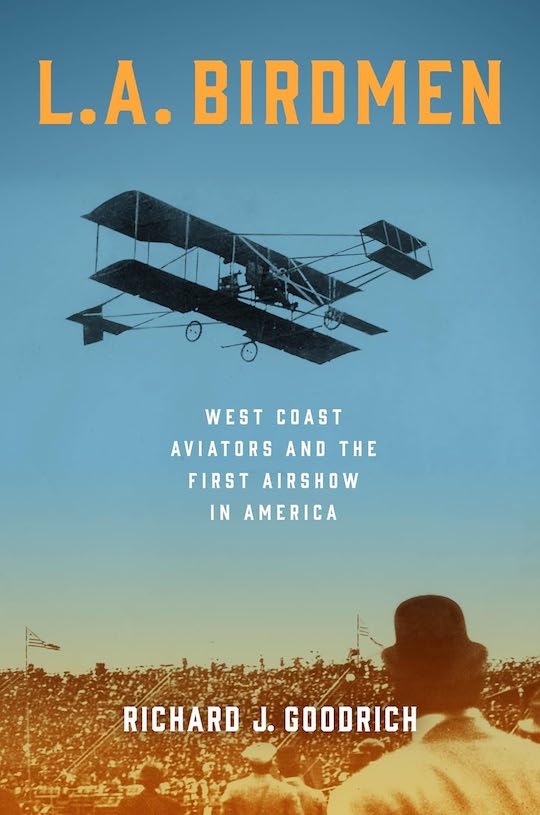


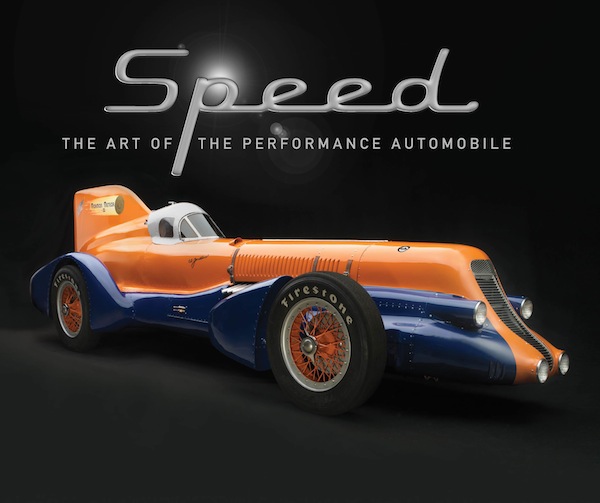
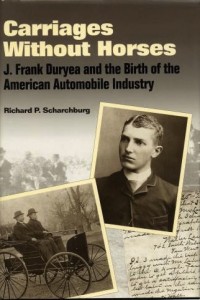
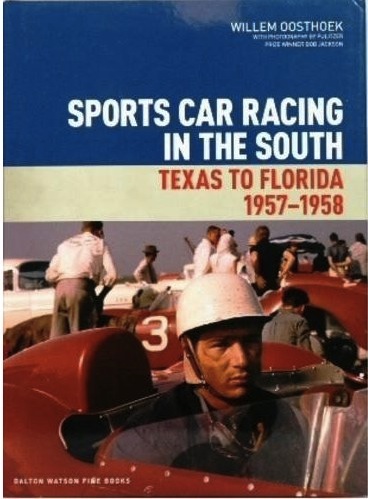

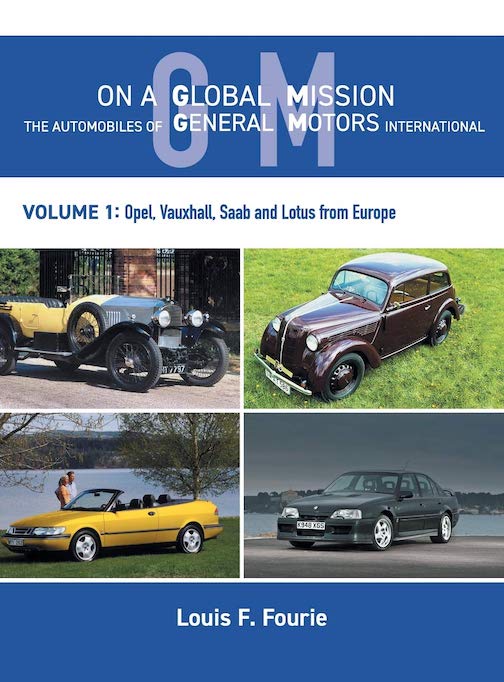
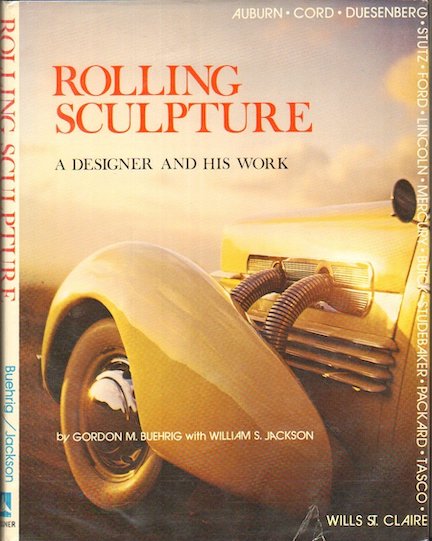

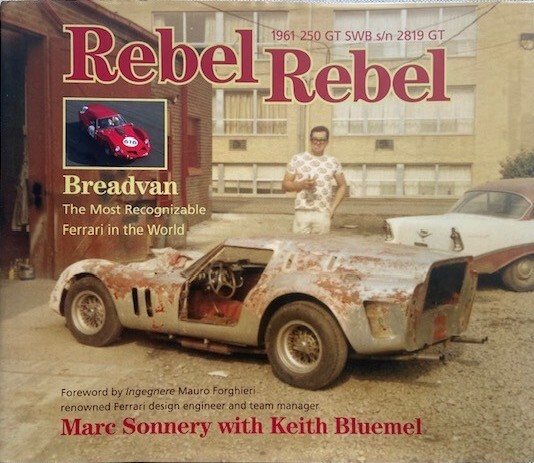

 Phone / Mail / Email
Phone / Mail / Email RSS Feed
RSS Feed Facebook
Facebook Twitter
Twitter